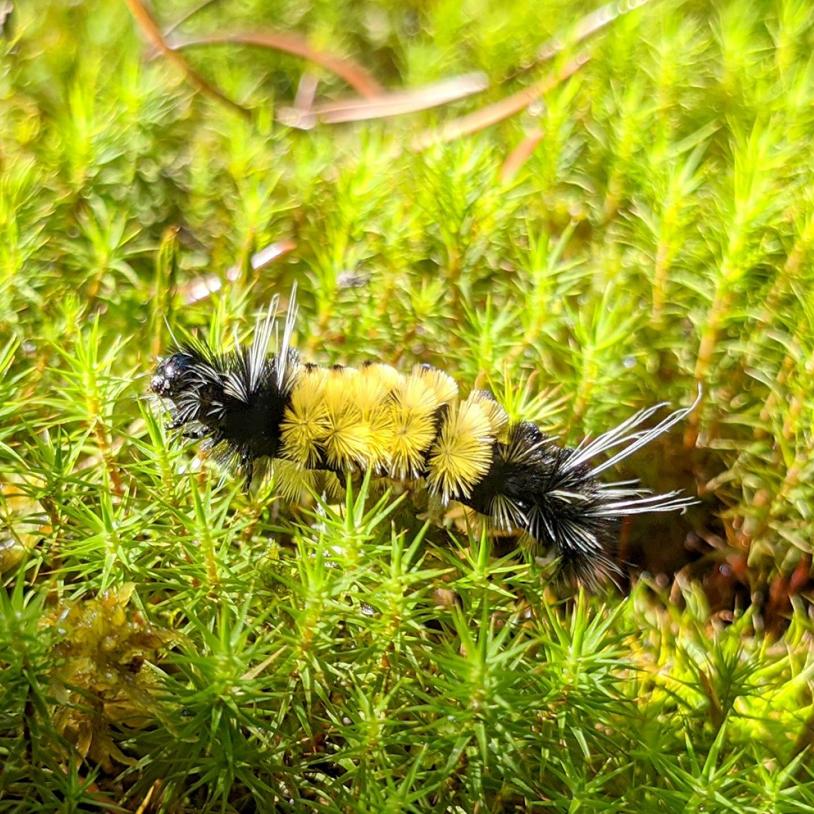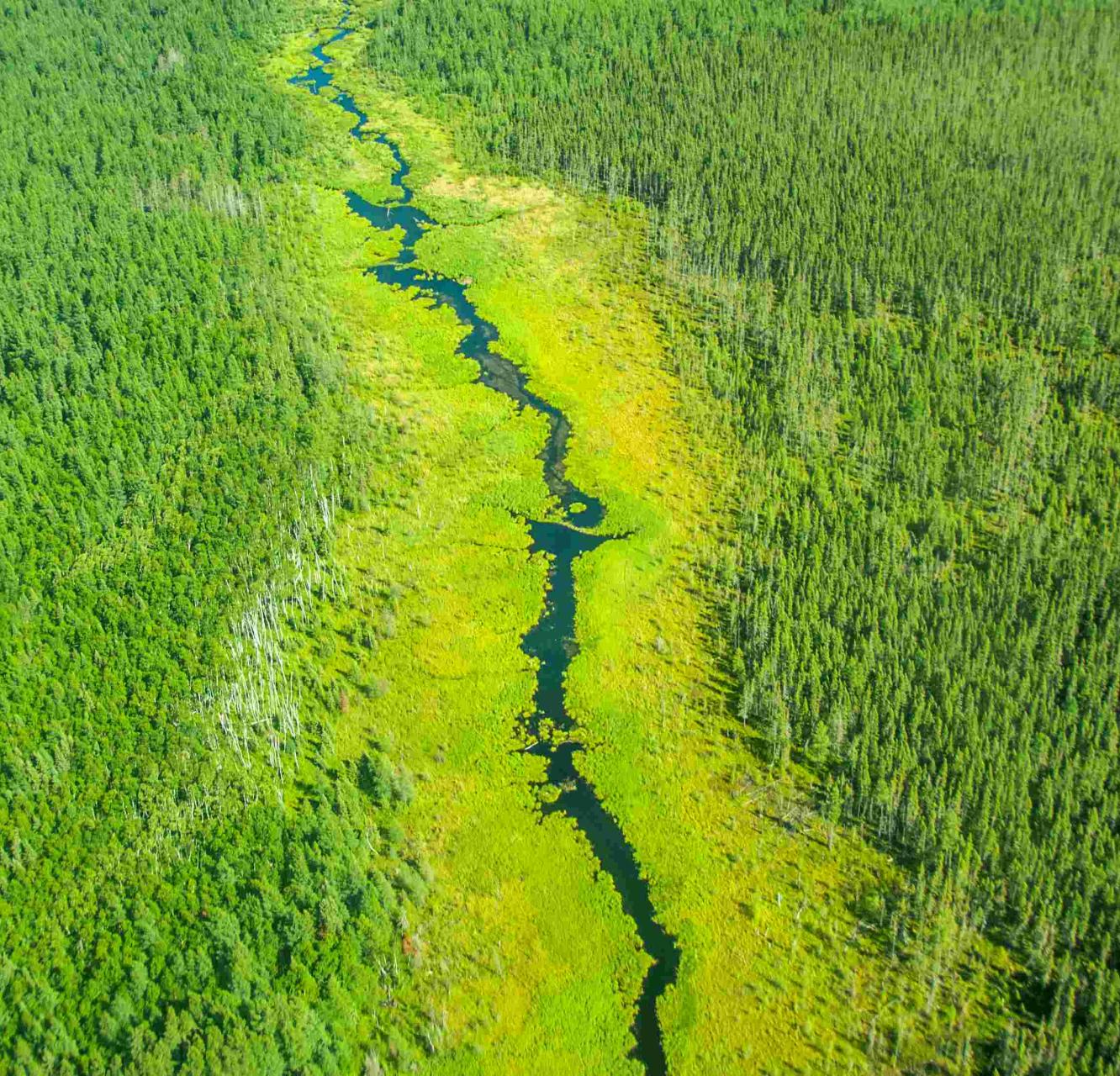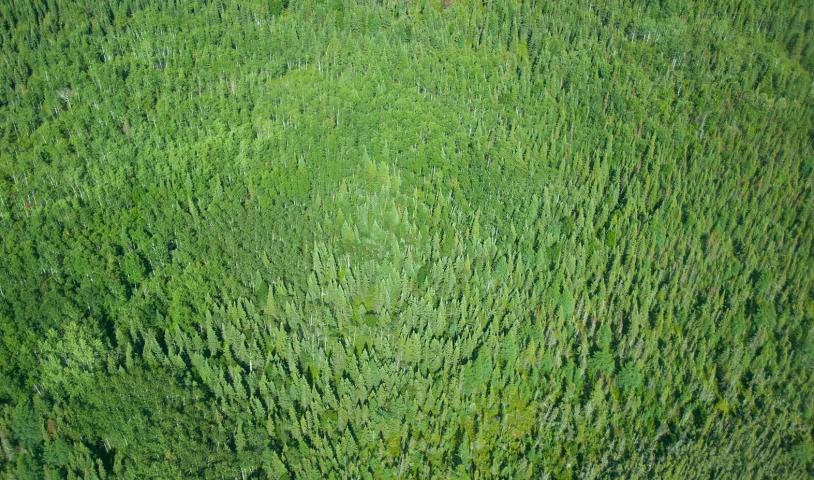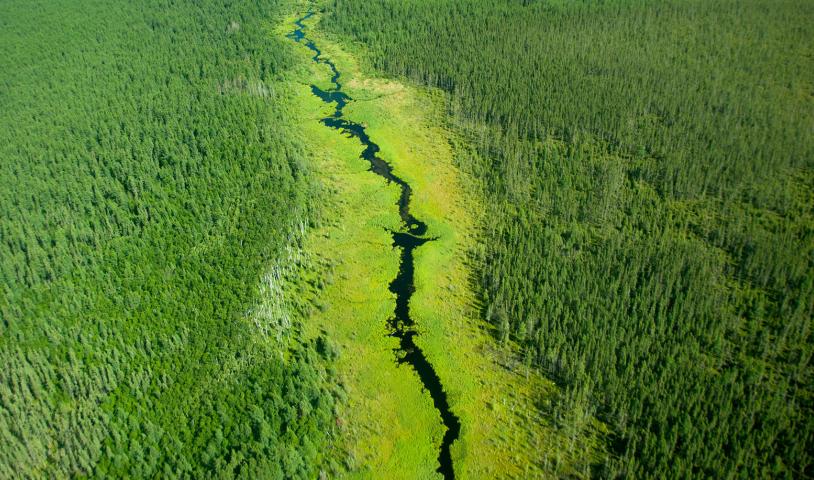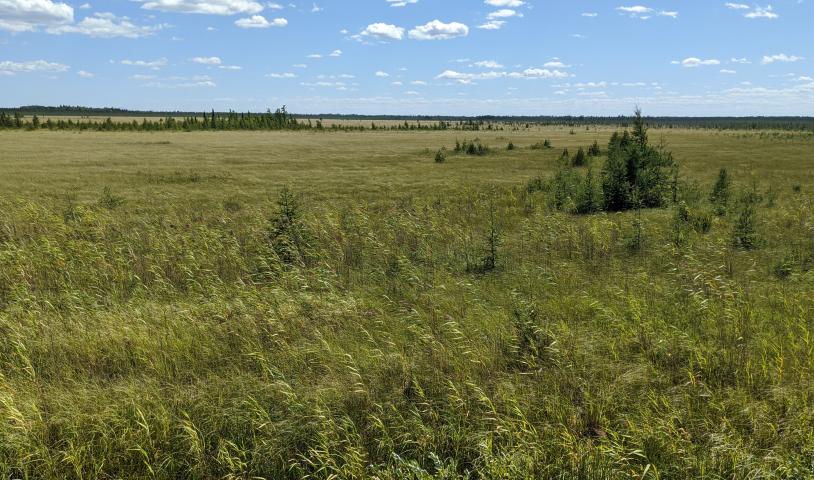Hecla Park Horror
Thursday, January 5, 2012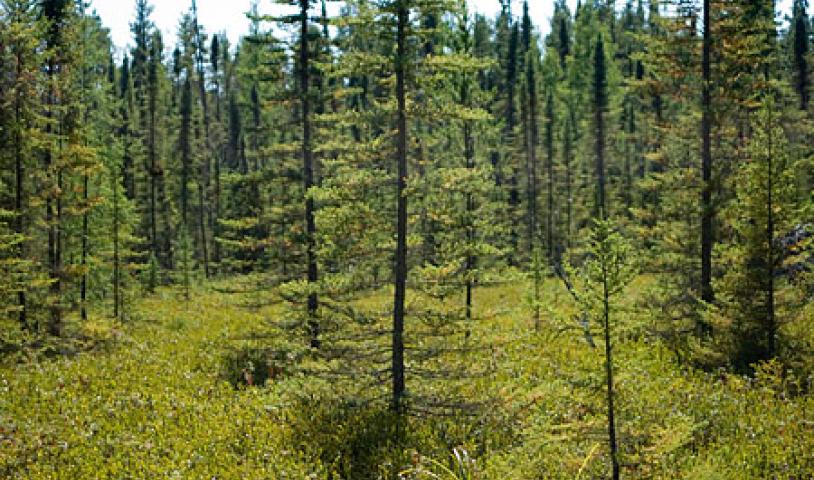
I spent a few weeks working on my house this past December, taking time off from the Wilderness Committee at a time when there is little campaign activity. Vacations allow people to recharge, and I felt energized to again stand up for wild spaces this week as I returned to the office.
Were it not for my down time, I would have been demoralized by the proposal that found my desk on Tuesday. Sun Gro Horticulture has applied for a license to strip mine for peat in Hecla / Grindstone Provincial Park - the Hay Point Peat Mine Development.
What!? More park mining? On the shores of Lake Winnipeg? And for peat, for Pete's sake!
Needless to say, I was shocked by what I was reading. As I skimmed through the proposal, it became apparent that the whole concept of this development is a smack in the face for our environment, for the future generations of Manitobans. The first thing I noticed, however, was that the public comment period for this proposal was set to end on January 16, 2012. That was barely 10 working days away. Minutes earlier I was looking at an unrelated proposal that the federal government just sent for public consultation, and the deadline on that was 10 months away.
So my first action on this campaign was to contact Conservation, and formally request the public comment period be extended. To their credit, they sent me a formal response within hours, stating the public comment period has been extended until February 3, 2012. This is good news, and part of the reason that this project hasn’t completely demoralized me.
Hecla / Grindstone is a park that the Wilderness Committee has not worked on much, mostly because it has not faced the type of industrial threats other parks have. Comprised of hundreds of kilometers of shoreline, peninsulas and islands in Lake Winnipeg’s south basin, the Grindstone portion of the park has a rich ecology while the Hecla Island area also boasts wonderful recreational opportunities. This is what our provincial parks are for: conservation of our natural world and recreation.
As for mining on the shores of Lake Winnipeg, the Manitoba government passed the Save Lake Winnipeg Act in June 2011. The Act put a moratorium on all new quarry leases (the technical mine claim category that peat falls under) or permits for peat in Manitoba. This is the clearest indication that peat mines are a danger to clean water in Manitoba. Unfortunately, the Act does not contain provisions for existing quarry leases, and Sun Gro has had their lease since 2001.
Peat mining, like all mining, is a dirty, destructive industry. Peat mining has the distinction of disrupting water tables, removing our natural water filtration, and releasing vast stores of carbon. In fact, bogs are thought to store more carbon than all the rainforests on the planet. Peat bogs, then, are an essential climate change mitigation tool. Peat takes centuries to produce, unlike, for instance, forests in Manitoba, that may grow back over a hundred years. Because peat bogs take centuries to form, there is no real way to restore a peat bog. The area can be reclaimed as a wetland, but you can’t restore a mined peat bog to its original ecology.
Now, the big reason I am not too demoralized is that I know Manitobans will stop this project.
I know that parks are dear to them, and they will speak up to protect them. I know that Manitobans care about Lake Winnipeg, and that they feel the responsibility of caring for one of Canada’s great lakes. As the temperature climbs past 6 C today, 20 degrees warmer than we’re used to, I know Manitobans are concerned about what climate change will mean for our province.
Had this project landed on my desk in the middle of several other stressful campaign crises, while I was having trouble focusing my moral outrage at the ecological injustices happening in our province, I would be pessimistic. But it is a new year, and I know Manitobans will resolve to act for our parks, for Lake Winnipeg, for our climate, and for the next generations.
Please take time RIGHT NOW to forward this blog post to EVERYONE YOU KNOW, and then also visit our letter writing tool page to send your opinion of this project to the government. Act now!
